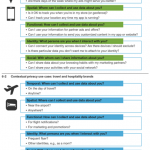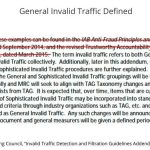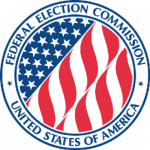Canadian Takedown Order Threatens Free Speech, Google Argues
Canadian Takedown Order Threatens Free Speech, Google Argues
by Wendy Davis @wendyndavis, July 28, 2017
Google will face “irreparable harm” unless a judge blocks the enforcement of a Canadian takedown order, the company argues in new court papers.

“Google has been forbidden by a Canadian court from exercising its First Amendment rights,” the company says in papers filed Thursday. The company adds that in the U.S., a deprivation of free speech rights amounts to “irreparable injury.”
Google makes the argument in a motion asking U.S. District Court Judge Edward Davila in San Jose, California to issue an injunction against enforcing a ruling issued last month by Canada’s Supreme Court.
The move marks the latest twist in a legal battle dating to 2012, when technology company Equustek asked a judge in British Columbia to order Google to remove search results for Datalink Technologies — which allegedly stole trade secrets from Equustek and engaged in counterfeiting.
The Canadian court issued a worldwide injunction prohibiting Google from displaying search results for Datalink. That order was upheld last month by Canada’s Supreme Court.
Earlier in the week, Google sought a declaratory judgment invalidating the order, arguing that it goes against free speech principles.
In its newest court papers, Google says it is entitled to a preliminary injunction because the order subjects the company to irreparable harm, and because an injunction is in the public interest. “Given the fundamental constitutional issues at stake, Google is irreparably harmed by the Canadian order’s prior restraint on protected speech, which prohibits Google from truthfully displaying information in the United States about publicly available websites,” Google argues.
Google adds that the order unfairly burdens internet companies that were not parties to the initial dispute, and also “threatens what information U.S. internet users can access.”
The order “compels Google to suppress truthful speech,” the company writes. “Even where Datalink websites are otherwise relevant and responsive to a user’s query, Google cannot report in its U.S. search results the existence of sites that are readily available to the public.”
MediaPost.com: Search Marketing Daily
(18)












